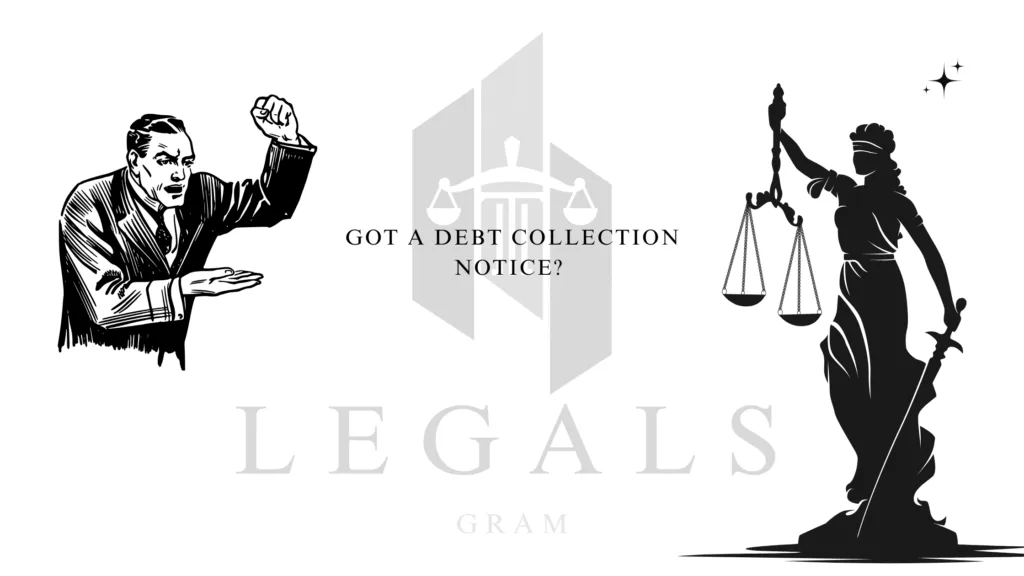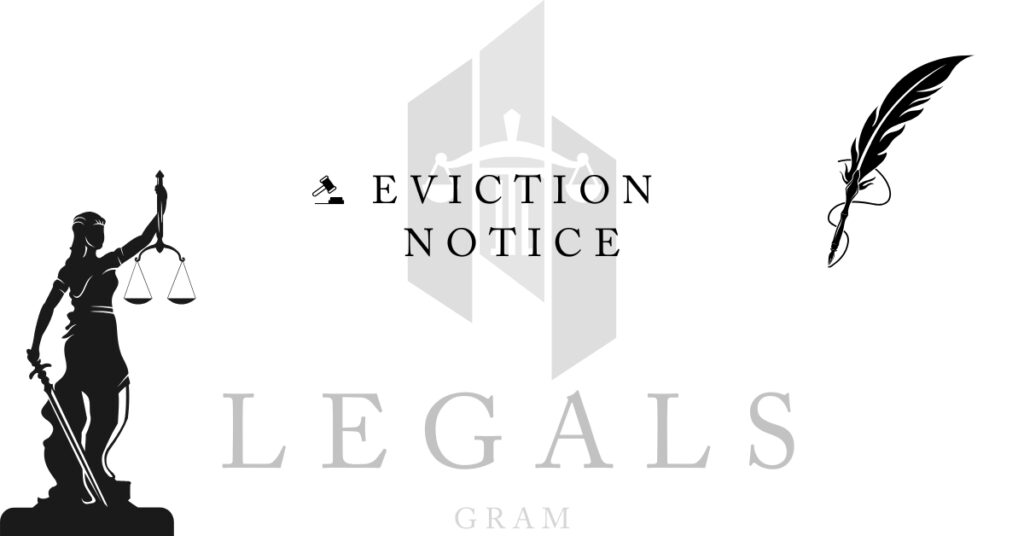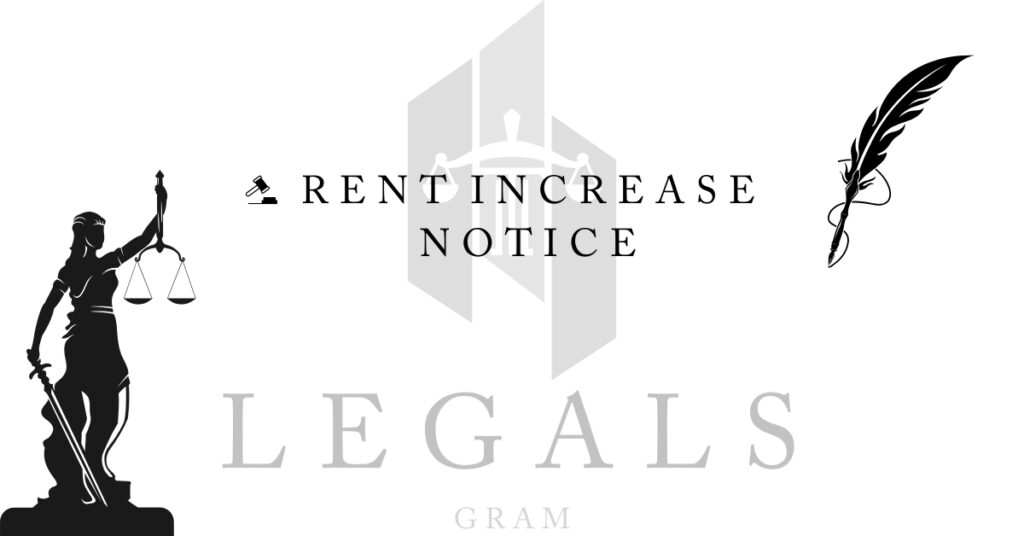That letter. The one with the official seal that makes your heart sink a little when you see it in the mail pile. It’s about: “Information on Debt Collection”.
When I first beheld one, I had a knot in my stomach. Is this real? Well, I forgot such a big bill. Doubt hits you right away. Most people just want the stress to stop, so they think about paying the amount right away.
I almost made that huge mistake.
You have to stop before you spend a cent, or you even call them. You have rights. It is not a marathon race but a gradually done process. The best step to take is to stop and think.
Stop and Verify: Is the Debt Real?
This is the key to protecting yourself: you must verify the debt.
Why? Because mistakes happen all the time. The notice might be for an old debt you already paid. It might be for a debt with the wrong amount. Or, sadly, it might be an outright scam trying to trick you into paying money you never owed.
The debt collector is trying to collect money. But you have a legal right to ask them to prove that the debt is actually yours and that they have the right to collect it.

Send the “Prove It” Letter (The 30-Day Window)
The law gives you power here. You have 30 days from the date you receive that first notice to request debt validation. Do not miss this time limit—it makes everything simpler.
This request is a simple letter that tells the debt collector, “I need proof.” When you ask for validation, you are asking them to send you clear documents, such as:
- The name of the original company you owed money to.
- The exact amount you owe.
- Copies of paperwork that show the debt is yours.
Send this letter by certified mail. That provides you with a green card by the post office. That card testifies that they got your demand. In case they are not able to send you the correct paperwork, then they should cease to attempt collecting the debt off of you. You lose this valuable legal safeguard by calling them rather than sending the letter.
Learn the Rules They Must Follow
The collector should not be unfair even in case the debt is real and you intend to pay it. One of the laws is the Fair Debt Collection Practices Act (FDCPA). This legislation establishes proper guidelines on the manner in which debt collectors are allowed to communicate with you.
They cannot:
- Call you before 8 a.m. or after 9 p.m.
- Use curse words or threaten you with jail time.
- Tell other people—like your boss, friends, or family—that you owe money.
- Lie about how much you owe or who they work for.
Having these rules in your possession brings you peace. You are not caught in a back-and-forth battle with them. Should a collector violate these principles, having a plain and straightforward record. Note down the date, the time and what they said. This log is a powerful weapon to you when you will be required to report them in future. How to Serve a Notice to Pay Rent or Quit – Free Template Inside
It is terrifying to receive a notice of debt collection. It causes the feeling of loneliness and powerlessness. But you are not. As soon as you relax and make that deep breath and make a decision to check the debt by the 30-day rule, you are back on track. Do not be afraid to make a hurried decision. Exercise your rights, write that letter, and get the situation straight.



